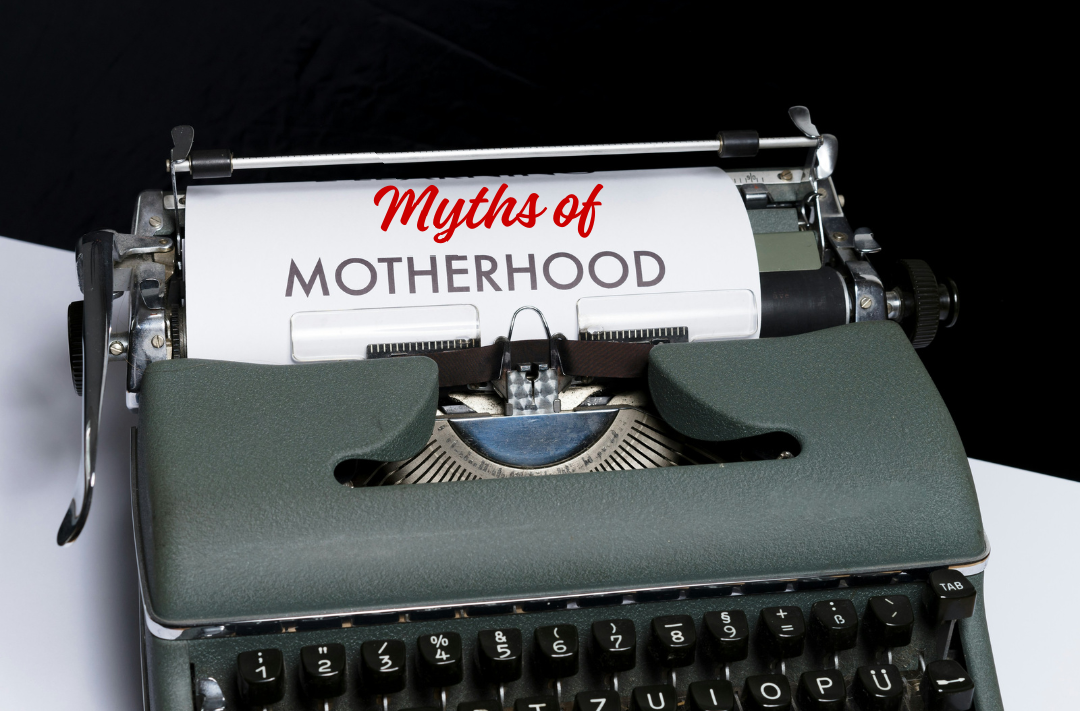Why We Need To Talk More About Hormones And ADHD In Women
The experience of women with ADHD has long been misunderstood, misdiagnosed, or completely overlooked. And hormones are one of the biggest areas that need more research for women with ADHD to get the care they need throughout their lifespan.
You have probably heard that people with ADHD do have a dysregulation of dopamine, but the truth is more nuanced. For women, hormonal fluctuations throughout their reproductive lifespan and menopause can dramatically affect how ADHD shows up and how it’s managed.
Understanding the connection between hormones and ADHD in women is essential not just for accurate diagnosis, but for effective, compassionate treatment. Here are 7 crucial insights every woman and every clinician should know.
1. Hormonal Fluctuations Intensify ADHD Symptoms In Women
Estrogen and progesterone don’t just regulate reproduction; they’re also powerful neurochemicals that interact with dopamine and influence mood, attention, memory, and emotion.
During times of low estrogen (like right before your period or during perimenopause), many women experience a spike in ADHD symptoms, such as even more struggle with motivation, being even more easily overwhelmed, more sensitive, and more disorganized.
This hormonal influence helps explain why so many women say, “I feel like a different person at different times of the month,” or “It feels like I only have 2 good weeks out of the month.” Hormones have a huge impact on our mental and physical experience, which can become psychological. What I mean by psychological is if we have a dramatic shift in our functioning, that impacts how we feel about ourselves.
2. Puberty Is A Turning Point For Hormones And ADHD In Girls
Research shows that puberty is typically when ADHD symptoms show up. Girls often present differently than boys, with more internal struggles, symptoms hidden by masking, and suffer more with anxiety or depression.
These symptoms are easily missed or mislabeled, especially when early or late pubertal development is involved . If we don’t factor in hormonal shifts during adolescence, we risk missing the diagnosis altogether. Putting girls with ADHD at risk for self destructive behaviors to manage the psychological impact of not being diagnosed and treated.
When girls’ symptoms of impulsivity and hyperactivity are external, they are judged more harshly than boys who have the same symptoms. Climbing trees or roughhousing with their peers is more socially acceptable for boys than for girls. This also has a psychological impact on girls as they internalize negative (false) messages as a character flaw.
3. Your Menstrual Cycle Can Affect Medication And Symptom Severity
Many women with ADHD notice their meds don’t work as well at certain times of the month. That’s because rising and falling levels of estrogen and progesterone affect how your brain responds to stimulants.
Estrogen modulates dopamine and norepinephrine, neurotransmitters that help with motivation, memory, and mood. So when estrogen drops, ADHD symptoms exacerbate. And if you are a mom with ADHD, these are times that can intensify parenting burnout.
In fact, recent studies validate that ADHD symptoms often worsen in the mid-luteal phase (the week before your period) and during menstruation. Studies have also revealed that these hormone shifts put women with ADHD at risk for premenstrual dysphoric disorder. However, adjusting stimulant medication and antidepressant or SSRI medication during this time may help.
This is one of the clearest examples of the link between hormones and ADHD in women and yet most providers don’t ask about it.
4. The Perinatal Period Can Be A Perfect Storm For Women With ADHD
Sometimes during pregnancy, women with ADHD report increased calm, better sleep, and sharper focus. This is due to the constant rise of estrogen, especially starting in the second trimester. But for many others, especially those who stop taking medication, symptoms worsen.
Then comes the estrogen crash immediately after giving birth. For women with ADHD, this can trigger not just a return of symptoms, but a 5 to 6 times higher risk of postpartum depression and anxiety than non-ADHD women.
Without proper support, new moms with ADHD can feel like they’re falling apart, and not even know why.
5. How Perimenopause Makes ADHD Harder To Manage
Perimenopause is the time when estrogen and progesterone levels fluctuate wildly, often years before menopause officially begins. For women with ADHD, this hormonal instability can feel like a crisis of cognition.
Common struggles include:
- Brain fog
- Memory lapses
- Even more executive dysfunction
- Mood swings and irritability
- Trouble sleeping
In one survey, 70% of women said their ADHD became life-altering in their 40s and 50s, yet few received targeted care. Many are misdiagnosed with anxiety or early-onset dementia when the root cause is actually hormone-driven ADHD exacerbation.
6. Hormonal Contraceptives and HRT May Affect ADHD (and Mood)
Not all birth control is created equal, especially for women with ADHD. Some find hormonal contraceptives helpful, while others experience mood swings, irritability, or worsened ADHD symptoms.
Emerging research suggests that long-acting reversible contraceptives (LARCs) may be a better option for some women with ADHD. Because people with ADHD (like me) struggle to remember to take oral medications daily, if it is not already a part of their routine. One less thing they have to remember.
There is emerging research on how hormone replacement therapy (HRT) can help manage ADHD symptoms in perimenopause and menopause. But unfortunately, there is still much we don’t know.
7. Menopause
Menopause marks the official end of reproductive hormone cycling, but not the end of hormonal influence on ADHD.
After menopause, estrogen and progesterone drop to consistently low levels, which may continue or even worsen cognitive symptoms in women with ADHD. Many report persistent struggles with:
- Focus and short-term memory
- Verbal retrieval (forgetting words)
- Emotional resilience
- Sleep and energy regulation
The drop in estrogen may also increase risk for cardiovascular disease and other inflammatory conditions, especially for women with ADHD. Unfortunately, menopause-specific ADHD care remains severely lacking.
If your ADHD symptoms have changed post-menopause, you’re not “just aging,” you’re navigating a new hormonal landscape that still affects your brain.
Let’s Continue To Center Hormones in the ADHD Conversation
Women’s experiences with ADHD are deeply shaped by hormonal changes. Whether you’re navigating puberty, your monthly cycle, pregnancy, postpartum recovery, perimenopause, or menopause, it’s important to understand the role hormones play for women with ADHD.
And when it is better understood, there is hope for better care, clearer diagnoses, and more empowering tools for healing.
Jacqueline V Cohen is a Licensed Professional Counselor and ADHD Certified Clinical Services Provider. To learn more about her work, visit her website. You can also contact her by email.
Get a free copy of my e-book: Motherhood and ADHD
You will also receive a subscription to my newsletter.



